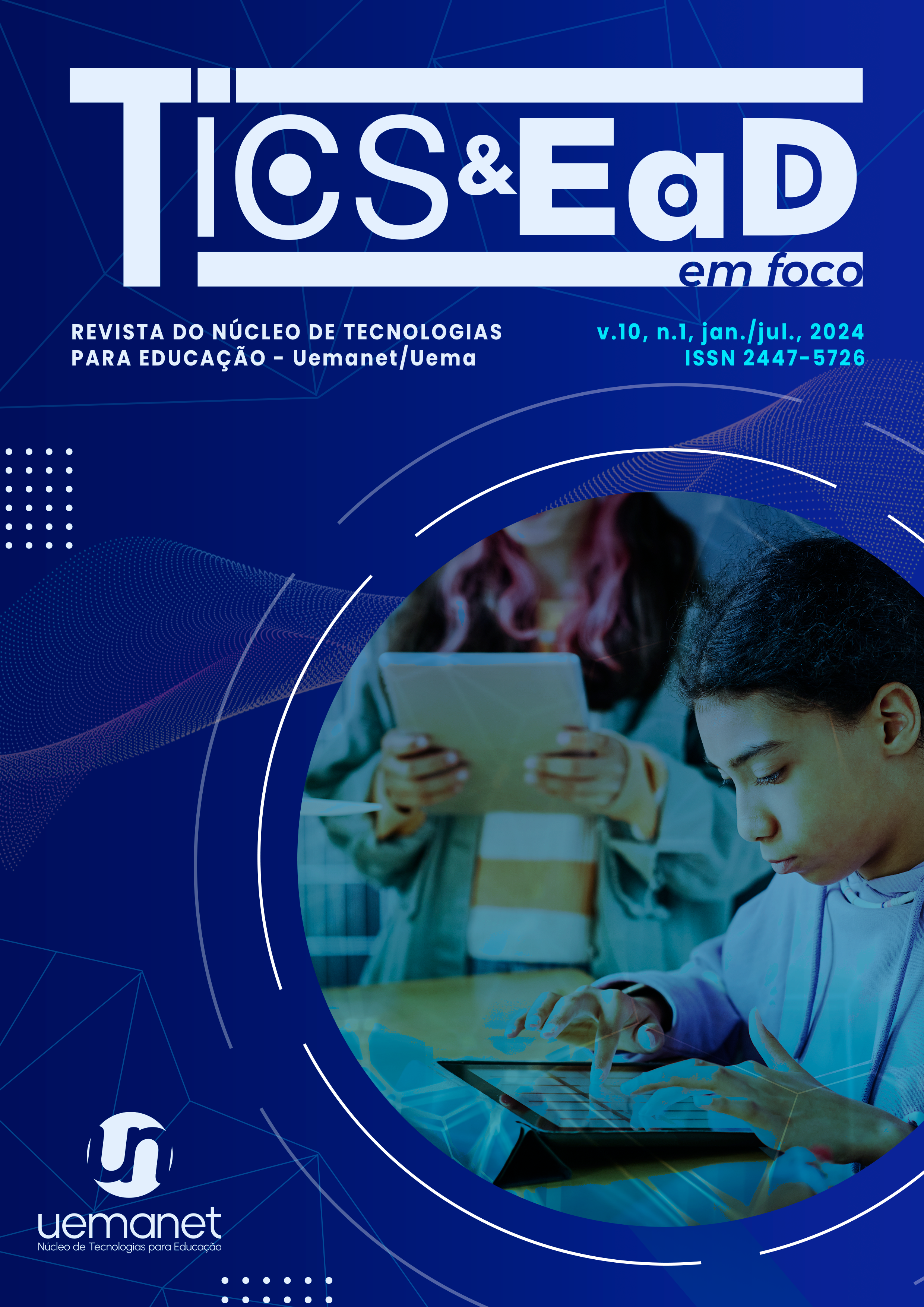DIGITAL GAMES AS A TEACHING RESOURCE: a promising perspective for literacy training for students with intellectual disabilities
DOI:
https://doi.org/10.18817/ticsead.v10i1.691Keywords:
Technology. Digital games. Literacy. Intellectual disability.Abstract
The use of playful, interactive and innovative resources awakens children's interest in learning, considering that they use technology every day, which justifies the relevance of this research for the subjects listed here. This is a descriptive study on digital games and literacy for students with Intellectual Disabilities-ID, built under historical and social precepts, based on a current need that permeates the long history of education in Brazil. Regarding the nature of the research, it was developed using a qualitative method with bibliographic study. The instruments adopted to carry out the bibliographic research were: books, scientific articles, theses, dissertations, magazines, and other written sources already published. Starting from the problematization of how digital games can contribute to the literacy process and appropriation of the alphabetic writing system by children with intellectual disabilities, we sought to analyze the contribution of digital games to the literacy process of children with ID. Present the concept of intellectual disability and discuss the benefits of digital games in classrooms as a methodological resource in the literacy cycle. It can be concluded that educational digital games allow developing cognitive skills, enhancing learning, offering opportunities to experiment and socialize new identities, with a motivational effect, allowing to stimulate motor coordination.
Downloads
Downloads
Published
Issue
Section
License
This work is licensed under a Creative Commons Attribution-NonCommercial 4.0 International License.






